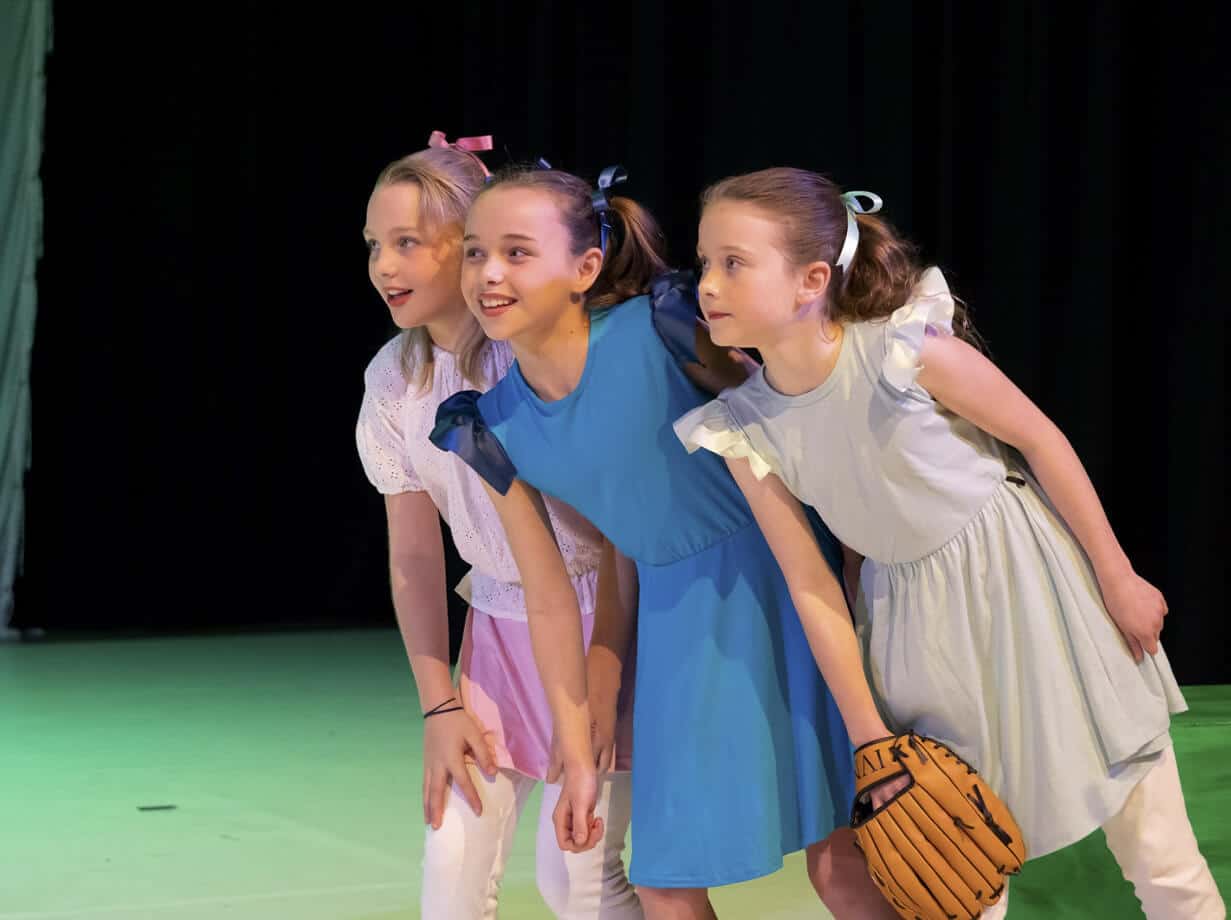The Headmaster of Windlesham House School, Ben Evans, writes about getting in on the act this Christmas
With the festive season now in sight, schools are starting to plan for annual shows and performances. School performances have always been an integral part of learning and development and they are a huge part of school culture too. Live performances, in particular, can instil confidence, build resilience and foster essential learning and listening skills.
Taking to the stage has always gone hand in hand with the delight of performing to a live audience, be it parents, children, teachers and even the local community. Socially, children enjoy being part of something bigger than themselves (although for some, not necessarily being the centre of attention), so working in groups, reacting to others, dressing up in costumes, singing and dancing really does lift the seasonal spirits and provides the fun and enjoyment that children thrive on.

Performing in front of others can improve self-esteem and self-worth, particularly if the child has confidence issues or often struggles academically in the classroom. Christmas shows are really all about allowing children to develop their performance skills and have fun. One thing is for sure, children will benefit both physically and mentally from working together to create a memorable performance this year.
Organising a school performance can also inspire self-confidence in individual pupils via supportive collaborative working and learning, not to mention promoting the ability to listen carefully, engage and follow instructions. Children will watch and learn from others via stage presence and through talking to an audience (voice projection), their general awareness, memory, reading and comprehension skills will be increased as they begin to understand the script and roles they have been given.
Performing will push some children out of their comfort zone, but there is also the reward and enjoyment of success when a performance goes well. Physical co-ordination is also a great benefit of performing at school because children will be moving about the stage, acting, creating movements while being given the ability to speak and be heard. With that in mind they will also find they learn to control their excitement and emotions too; listening skills and acting on instructions are vitally important during performances, and this involves a good level of concentration if the production is to be successful.
Performance allows children to learn in a different setting and teaching is therefore catering to different learning styles too. Rather than formal written exercises, you are still looking for comprehension skills, high-level inference and interpretation as well as listening and following instructions. All of these are essential skills, but during a performance children will learn these without even realising.

Quieter children who beaver away in the classroom may appear reticent when being asked to perform, but handled sensitively, this is an excellent opportunity for these children to be encouraged to become risk takers, to develop their resilience and ‘grit’. Some believe that performance is a soft skill because there are no pages of writing to assess, but this is a misconception. All of these valuable skills are fully transferable to the traditionally ‘academic’ subjects of maths, English and science, and will ensure greater progress and higher attainment for children across the curriculum.
We all know from our own childhood experiences that performing in front of an audience is something special and something to aspire to. It makes all of the hard work worthwhile when children see their parents’ faces in the audience and enjoy the fierce applause and admiration.
But as we reach another year end, perhaps another lesson to take away is that performance is not just for Christmas. It can and should be a regular occurrence throughout the year, be it a class-based assembly or full-blown production. That way, children have opportunities all year round to build their skills and develop confidence and self-esteem. Creating small drama groups to perform small studio performances (with or without an external audience), poetry recitals, debates and group presentations are all great ideas to keep the imagination and creativity flowing.









